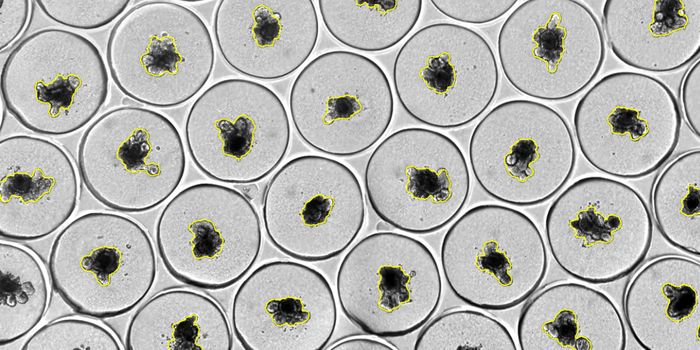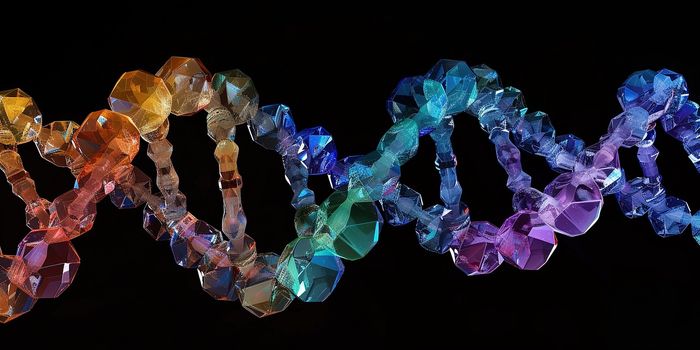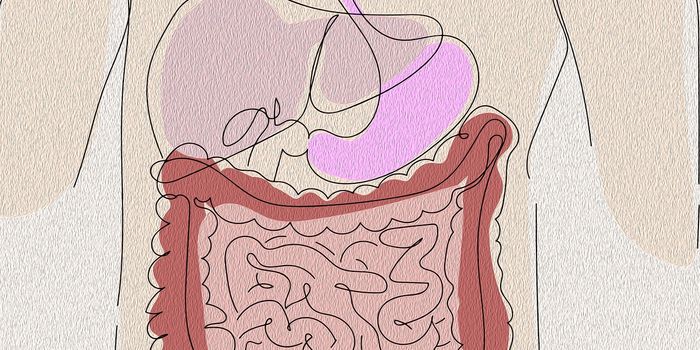Doctors from the Memorial Sloan Kettering Cancer Center in New York recently published a paper in Nature detailing what they believe is a novel, low-evasive test to determine the presence of brain cancer. Brain cancer, notoriously difficult to treat, currently can only be tested by biopsy, which is highly invasive and involves surgery. While many cancers can be determined by a simple blood test, brain cancer cannot, until now. Dr. Ingo Mellinghoff and colleagues believe that they could use another liquid biopsy: cerebral spinal fluid (CSF).
Photo source: UnSplash.com
CSF is a clear fluid that bathes the brain and spinal cord. It flushes out waste products, brings in nutrients from the blood, and overall cushions the central nervous system (CNS). Doctors take a sample of CSF through a relatively simple procedure called a lumbar puncture (aka "spinal tap"). The procedure uses local anesthesia and therefore patients do not have to be put under general anesthesia.
The trouble with blood tests is that they rely on circulating tumor DNA (ctDNA). The ctDNA in tumors of other types of cancers are much easier to detect through blood sampling followed by genotyping the ctDNA for diagnosis. In order to do that for brain tumors, a tissue biopsy is currently needed. However, ctDNA of patients with brain tumors is much harder to find in blood. So research scientists decided to look for another liquid and thought they might be able to find ctDNA of brain tumors through CSF.
To see if they could indeed find ctDNA for brain tumors from CSF, the group tested for the presence of ctDNA of a particularly common type of brain tumor, glioma, from 85 patients who showed neurological signs or symptoms for the disease. They found that tumor-derived DNA was detected in CSF from 42 out of 85 patients (49.4%). It was also associated with disease outcomes and progression.
Photo source: UnSplash.com
Gliomas are the most common form of brain cancer representing around 80% of all malignant brain tumors. It is rarely curable. The prognosis is generally poor. A patient with glioma is usually given a year to a year and a half to survive. Typical treatment includes chemotherapy, radiation, and surgery. The authors of the current study believe, that with earlier detection could you could start therapies much earlier in order increase the survival of the patient. Not only that, but this technique could help researchers learn more about the genetic profile of gliomas which could lead to more personalized, gene-based therapies.
The video below goes through how liquid biopsies are helping doctors detect ctDNA in blood. The current study used CSF but the methods are essentially the same.
Video source: YouTube.com
Sources: Nature, US National Library of Medicine, MayoClinic.org, Science Translational Medicine, Cancer Genetics, The Washington Post, en.Wikipedia.org - Glioma










